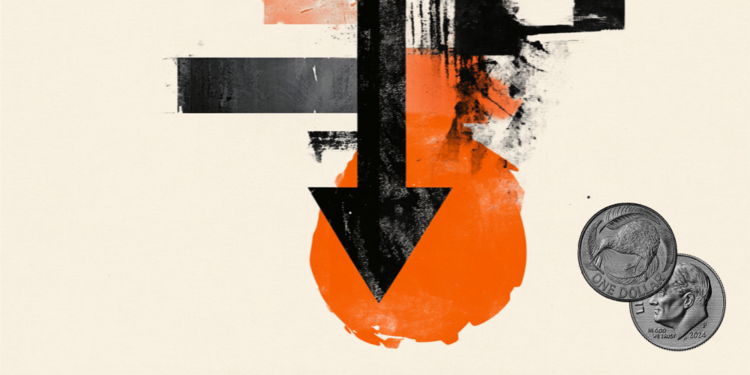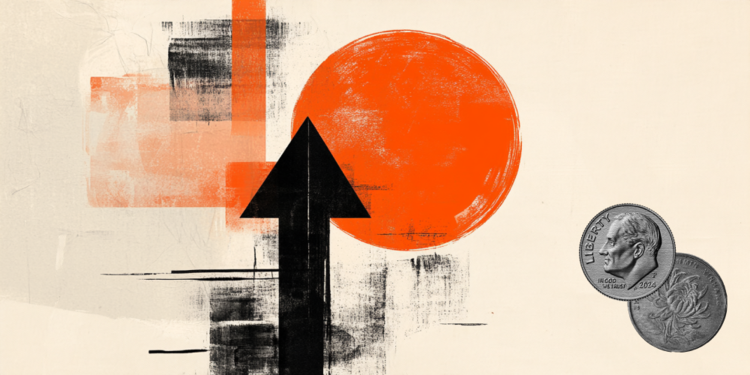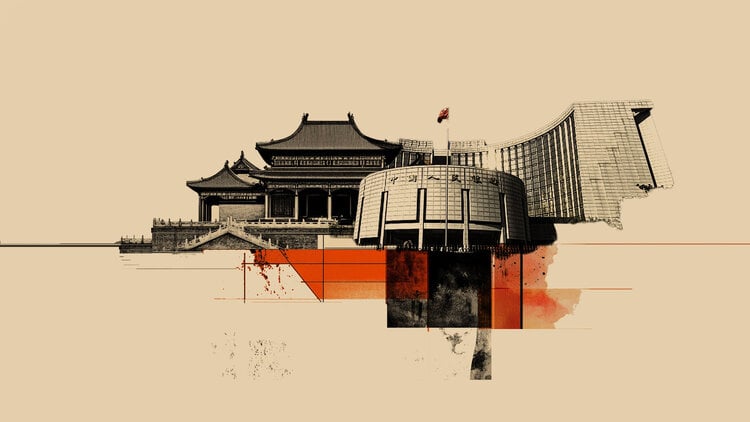The prediction was easy if not obvious. The quorum in the referendum on justice has not been reached and consequently the consultation is not valid. The stake stopped at 20.8%. It is not even new. In the last 25 years only in 2011 was the quorum reached, to find another one we have to go back to 1995. In 2009, for three political questions, the lowest percentage: turnout stopped between 23 and 24%. This time it was even lower.
Because? The first reason certainly is the complexity of the questions, very far from the daily life of people, on issues of justice not only related to politics, but also very technical. Three out of five questions were of this nature and most of those entitled to vote did not have and have no knowledge of the rules for the candidacy of magistrates to the CSM.
Historically referendums and popular consultations generally run on you fear that people feel close and necessary for your daily life. This is why the referendums on divorce and abortion were successful and the question about the end of life would have been.
Content
This content can also be viewed on the site it originates from.
Another reason is the exaggerated and exhausting use of the abrogative referendum instrument, that is, to cancel laws. In the 9 referendums from 1974 to 1995 the turnout was on average over 70%, in the last 9 referendums only once the quorum was reached, the theme was public water management. The disillusionment also lies in the fact that in the past many have felt that the outcome of the consultations was not respected.
The promoters, mainly Lega and Radicali, report poor media coverage. According to statistical surveys, such as that of Nando Pagnoncelli reported on Corriere della Sera, 82% of Italians knew that there were referendums on 12 Junebut he showed disinterest in the subject and the motivations are the starting ones: the questions were too far from their life.
The quorum it has always been a political tool in abrogative referendums, such as voting. Bettino Craxi invited to go to the beach in 1991, the Italians in that case did not. The hunters’ associations said not to go to the polls when the abolition of hunting was at stake. If the quorum had been reached, the yeses would have won and not voting was the only way not to make it happen. If the rules remain these, the type of questions and queries must certainly be changed to make the referendum instrument survive.
– Referendum: A (recent) history of missed quorums
– From Claudio Cecchetto to Damiano Tommasi, the VIP candidates for the administrative offices
Source: Vanity Fair







